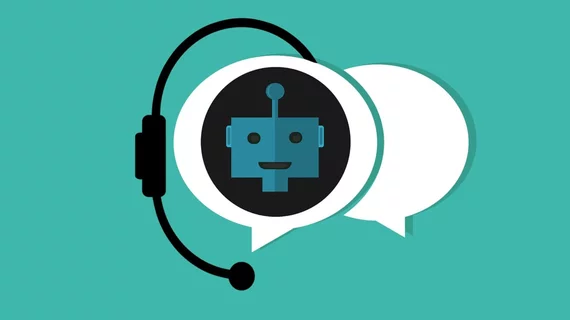Chatbots helping Jefferson Health keep up with COVID questions
Jefferson Health, the 14-hospital system serving the Philadelphia area, is using a new conversational chatbot to take questions from members of the community looking for information on COVID-19.
The technology, marketed by LifeLink, allows healthcare workers to screen patients and prioritize cases without face-to-face patient contact, eliminating the workers’ risk of coronavirus exposure in these cases.
A news release sent by LifeLink says the chatbot also connects patients with recommended care pathways and action steps and automates clinical intake.
Efrat Kean, MD, a clinical instructor of emergency medicine at Jefferson Health, says the institution’s priority is making sure residents in the health system’s catchment area are optimally informed when making decisions about their health or that of their loved ones.
The chatbot “is another way we have expanded our telemedicine capabilities,” Kean adds. “In every way we can, and using any technology we can leverage, we are going to be here for our community with accurate information about COVID-19.”

